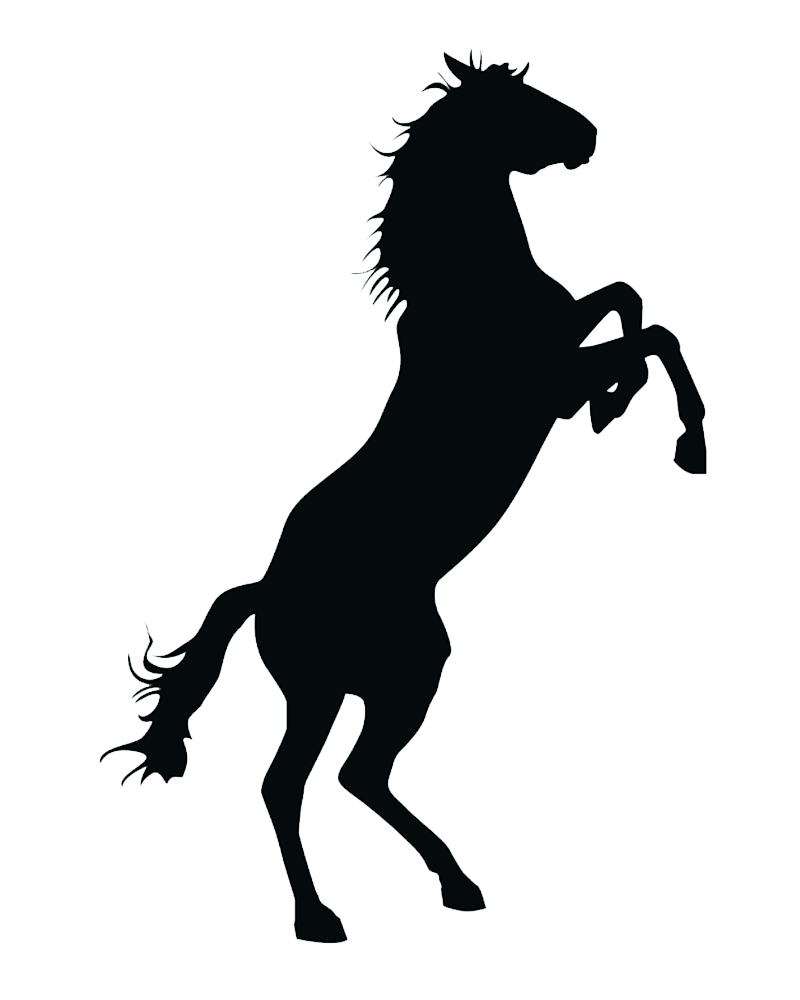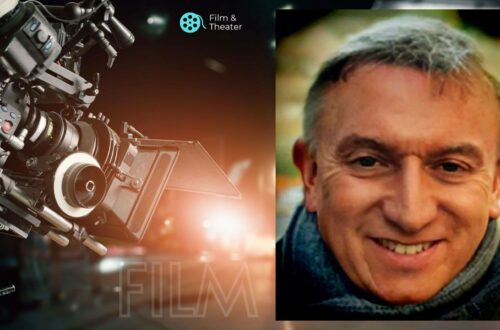
Interview With Allan Andrew Wise
Allan Andrew Wise (A.A Wise) was born in Uganda and moved to England when he was around ten years old to live with his mother. The author’s family belong to the Baganda tribe, and the Batooro tribe, and in Uganda Allan moved around the country, living predominantly in Masaka City and sometimes in Kampala City. During his young life both in the UK and Uganda, Allan spent most of his time at boarding schools, which is where he learned to love the English language and writing. He said: “My interest in fantasy literature appeared at a young age and I have been enjoying fantasy novels ever since. My love for literature heightened while in a secondary school in London, where I spent a lot of my free periods, lunchtimes, and breaks in the school libraries reading fantasy novels, sometimes on my own and sometimes with friends. Additionally, as a child, I spent a lot of time in my local library reading children’s fantasy books, such as Disney stories, Harry Potter and others. I read fantasy books into adulthood and still keep up with the pastime. Nothing beats a good fantasy series.”
After school, Allan stayed in the UK and graduated with a degree in Business Studies and Marketing from the University of Brighton. But the love of storytelling that started in childhood has prevailed well into adulthood, and Allan set about to have a career as a writer. He said: “I started writing because I very much adore fantasy stories and so wanted to create stories of my own that others could enjoy. I love reading children’s and teen fantasy books. I feel I have gained a lot of insight into what a good children’s and young adult fantasy book needs; this coupled with the stories I was told as a child growing up, led me to compile ideas that I later turned into my books.”
Speaking about where he draws inspiration for his fantastical children’s books, Allan is certain that he is powered by the works he read during childhood and the myths and legends of his home country. He added: “I take inspiration from books I’ve read, the television, movies, animation, and stories told to me in Uganda when I was young. The stories I was taught involved witch doctors, magic, witches, ghosts, spirits, mythical creatures and warring tribes, which were generally told around the family campfire by my grandparents, mother, aunts and uncles and the local witch doctor. These stories stemmed mostly from these tribes and their histories. Witchcraft is very common in Uganda, not to mention witch doctors. Witches are even reported on the daily news, with stories such as witches killing children and adults to advance people into positions of power and wealth. I learned all these things from childhood and have even witnessed some of it for myself, and, of course, remembering most of it, have implemented the themes into my works. I feel that Inock Tehan, Samuel Blackwood, Agaveh Anomalous and Horace Horatio along with their friends and family, are characters that readers will come to love and feel for. I had story ideas that I felt needed to be put out there; to entertain, to inform and to offer various life lessons explored throughout the books, and I feel both children and adults will benefit from my creations.”
So far Allan has seen two of his books published, Inock Tehan and the Phantom of the Ruins, and Inock Tehan and the Forbidden Clan. The next book in the series, entitled Inock Tehan and the Return of the Immortal Witch is due to be published soon.
Speaking about why he chose to write for young people, Allan said: “I believe my books fall into line with other books like them on the market, but also bring certain unique qualities. This includes magical creatures from my imagination and stories told to me by my relatives and family friends when I was young and later in my life. Additionally, I feel I have created a unique fantasy world different from those already written about in children’s, young adult as well as adult stories. Moreover, I feel I have developed a distinctive spin on magic, magical creatures, and other beings with powers. I feel all these elements are what make a good young adult novel, judging both from the feedback of my works and personal reading experience.”
He added: “I have also explored various aspects of human nature that I feel have not been given much attention in young as well as adult fantasy books, and have created humorous scenarios that I believe will be enjoyed by all. For example, at the start, Samuel refuses to lie even when it is logically necessary, but his best friend Musa lies constantly, with a comical effect. As the book progresses Sam learns to lie to get out of tricky situations and to keep the peace; I feel this shows personal growth and reflects an experience very common to the human condition.”
When it comes to his writing methods, Allan says that his processes have been developed over time, and like many writers, he now has fine-tuned good habits which are effective in nourishing his creativity.
He said: “When I first started writing books, I did not know exactly what to do. My first novel – or the first draft of my first book took me a few months to complete. I simply thought of an idea and characters then sat at my desk and wrote it from start to finish. When I read over what I had written, I realised, that though the book had some qualities I had come to expect from young adult fantasy novels, the writing style and technique needed a lot of improvement. By this point, I had read a good number of fantasy novels similar to what I had created myself. So I went to my local library and looked up books on how to write fantasy novels. I found a few books that discussed writing technique, character development, plot development and twists, as well as the Writer’s and Artist’s Yearbook. I read the books on how to write and even the Yearbook, and from what I learned wrote a second draft of my manuscript. The books advised that you leave the draft for a few weeks or even months before trying for another draft. I did that and came back to it, doing another draft. Then, after some time, when I felt I had worked on the book enough, I looked up relevant literary agents and publishers. I sent out countless submissions, both to agents and book publishers – I got many, many rejections. But, now, having gotten an idea of how to create a novel, I wrote more books over the following decade or so, though still getting many rejections from both literary agents and publishers.”
And speaking directly about fine-tuning his system Allan added: “I would think of an idea, protagonist, antagonist and the other relevant characters. I would then spend weeks outlining a skeleton of the book, naming chapters and giving some details of what would happen in each chapter. Then I would go back to the start of the skeleton/chapters outline and develop each section or scene in that chapter in more detail. I would repeat this process until I felt I had enough details for each chapter to start writing out each chapter in full, starting from chapter one and then so on. By the time I finished the final chapter, I would have my first complete draft.
The following months involved doing more drafts, improving the manuscript where I felt it was necessary, working on vocabulary diversification, developing character nuances and personality expansion/exploration among other things. Some days I would write for a few hours and other days I would write for many hours; e.g. four hours one day and maybe seven hours another day. Once I felt I had given the book all I could, I contacted a suitable book editor, and paying them for their services, had them work on the aspects of the manuscript I might have missed, including grammar and plot consistency. The next step was to approach a suitable literary agent, whom I would pay a fee to find and submit that particular manuscript to the right publishers. I found that to succeed at completing a book, you need dedication and determination, a great deal of solitary isolation, a quiet and safe space to work, a lot of free time, and the ability to concentrate and focus your mind on the task at hand, and to be a decent cook since you need the right food to keep you toiling away.”
When he is not writing his books, Allan is a great lover of literature and is well-versed in children’s and young adult fiction in his spare time too. His favourite authors include JK Rowling, Angie Sage, Jonathan Stroud, Rick Riordan and Anthony Horowitz. He said: “I particularly enjoy books that explore different/strange worlds or realms as well as metahumans such as witches, demons and gods. I also relish young adult books that are centred around both boys and girls and with a good mix of ethnicities. Furthermore, I enjoy fantasy novels that transport me away from my, sometimes, dreary and tedious life, and into a new world full of adventure, magic, love and wonder!”





